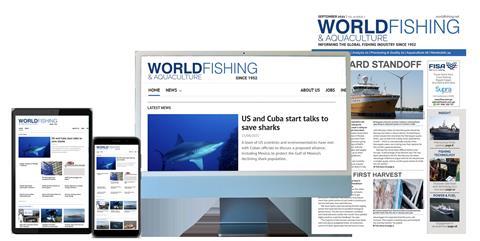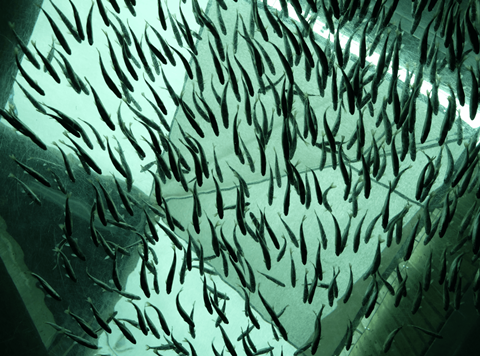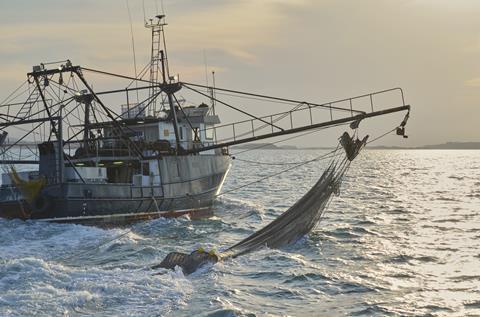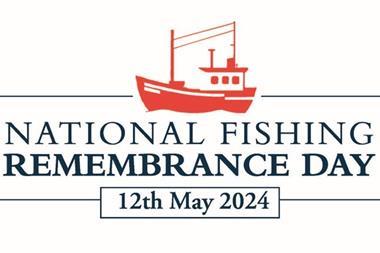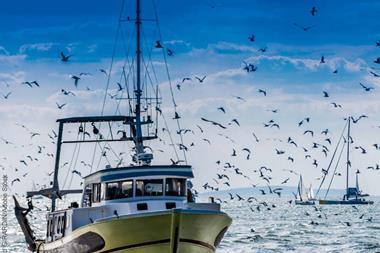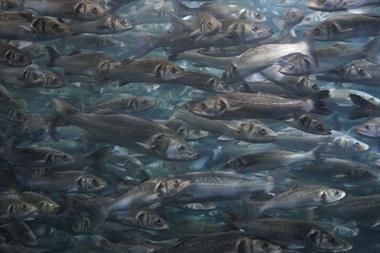Statement from Jane Lubchenco, Under Secretary of Commerce for Oceans and Atmosphere and NOAA Administrator, announcing support for listing atlantic bluefin tuna on international trade endangered species list.

The United States announced last week that it will seek the strongest possible management for the conservation of Atlantic bluefin tuna, a fish which is in serious trouble.
This action has two components:
First, we are sending a clear and definitive statement to the international community that the status quo is not acceptable.
Over the past 40 years, the international body that manages bluefin tuna, the International Commission for the Conservation of Atlantic Tunas (ICCAT), has overseen a 72 per cent decline in the adult population of the eastern Atlantic and Mediterranean stock of bluefin tuna and an 82 per cent decline in the adult population of the western Atlantic stock.
In recent years, the countries that fish the eastern stock, which spawns in the Mediterranean, have done so at two to three times the sustainable level, causing a significant and rapid decline in the last decade. The status of the western stock, which spawns in the Gulf of Mexico and is fished primarily off the North American coast, has recently stabilised due to the establishment of well-enforced, science-based quotas.
A sustained lack of science-based management for the eastern Atlantic and Mediterranean stock of bluefin tuna, and concerns about slow recovery in the west, have brought us to this point. As a member in ICCAT, the United States calls for strong and definitive action at the November 2009 meeting in Brazil. This includes establishing management measures that end overfishing such as setting responsible science-based quotas, stronger enforcement of these quotas, and closures during spawning periods.
Second, the United States strongly supports Monaco’s proposal to list Atlantic bluefin tuna under the Convention on International Trade in Endangered Species of Wild Fauna and Flora (CITES) to prohibit international trade of the species. The United States will consider amending or withdrawing support for the Monaco proposal if ICCAT adopts significantly strengthened management and compliance measures.
Improving international fishery management and ending illegal, unreported and unregulated fishing are high priorities for the United States government, Congress, commercial and recreational fishermen, and conservationists.

